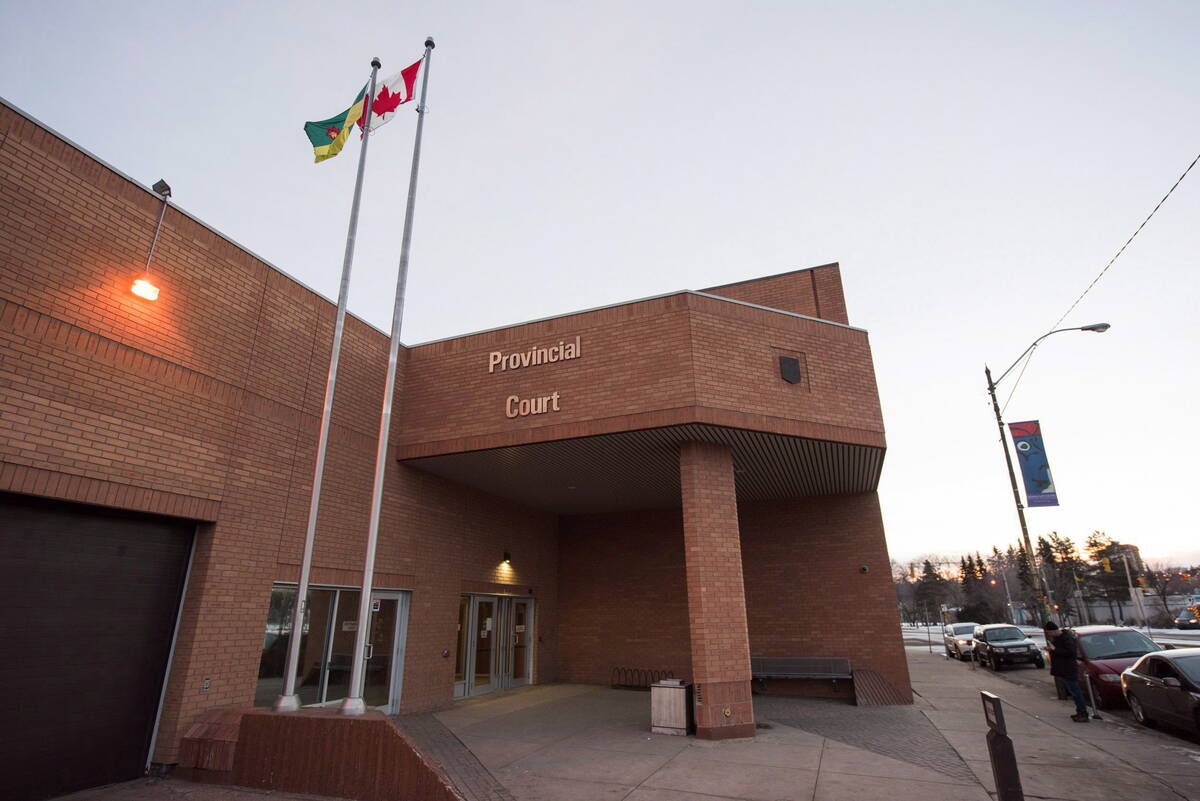Q: My partner has often been verbally and emotionally abusive to me. I’ve repeatedly heard from him, “I’m sorry. Please forgive me,” and I have. But I don’t see my partner making changes. How can I forgive when I don’t see changes?
A: Repentance is the opposite of forgiveness. Repentance is a sense of sorrow for having done wrong. It includes a desire to make things right.
Nobody is perfect, therefore everyone at times does wrong to others, or even to themselves, and needs to take a journey of repentance.
Read Also

Understand limitation periods if considering civil suit
A limitation period refers to the amount of time a plaintiff has to commence a formal claim in court or lose their ability to pursue it.
Saying “I’m sorry,” doesn’t mean much. What is a person sorry for? Is it thatÊsomeone has been caught in a mistake or wrong behaviour? Or is it thatÊothers have been hurt by whatÊsomeone did?ÊEven saying, “I apologize,” does not mean much, unless the person apologizing acknowledges and accepts the damage or harm that his behaviour has done to others.
Tomas Horas has described the three R’s of repentance:
- Recognition – You become aware you are going in the wrong direction.
- Regret – You acknowledge the cost of going the wrong way.
- Reorienting – You change the direction you are going.
People may recognize they are going the wrong way, but if they don’t regret going the wrong way, they won’t change.
Changing direction is difficult. The more regularly you drive to one location, the more difficult it is to remember that you really want to go somewhere else, and to change your route.
The other day when taking my daughter to work, I started driving the first part of a route I normally use to go downtown, instead of south which is where she works. My daughter calmly asked me “Where are you going? I thought you were taking me to work.” We both laughed, I went around the block and changed my direction.
It is harder to change the direction of your values and beliefs. If you believe you are always right, it is hard to accept that someone else might be right, and you might be wrong. If you have slipped into a pattern of misusing alcohol or drugs, or taking things that aren’t yours, you won’t change until you choose to reorient yourself. People such as family, friends, or even courts and judges, may try to point you in the right direction, but you must do it.
Change is slow. Old habits hang on for a long time. Old friends try to swing you back in their direction. Impatience and frustration within yourself also can take you back the wrong way.
Repentance, and its three steps of recognition, regret and reorienting yourself, is a personal journey that only you can make. But many people in the world, both professional and volunteers, will support you. All you have to is start that journey and look around for others who have been on it.
Peter Griffiths is a mental health counsellor based in Prince Albert, Sask. His columns are intended as general advice only. His website is wwwsasktelwebsite.net/petecope.
















